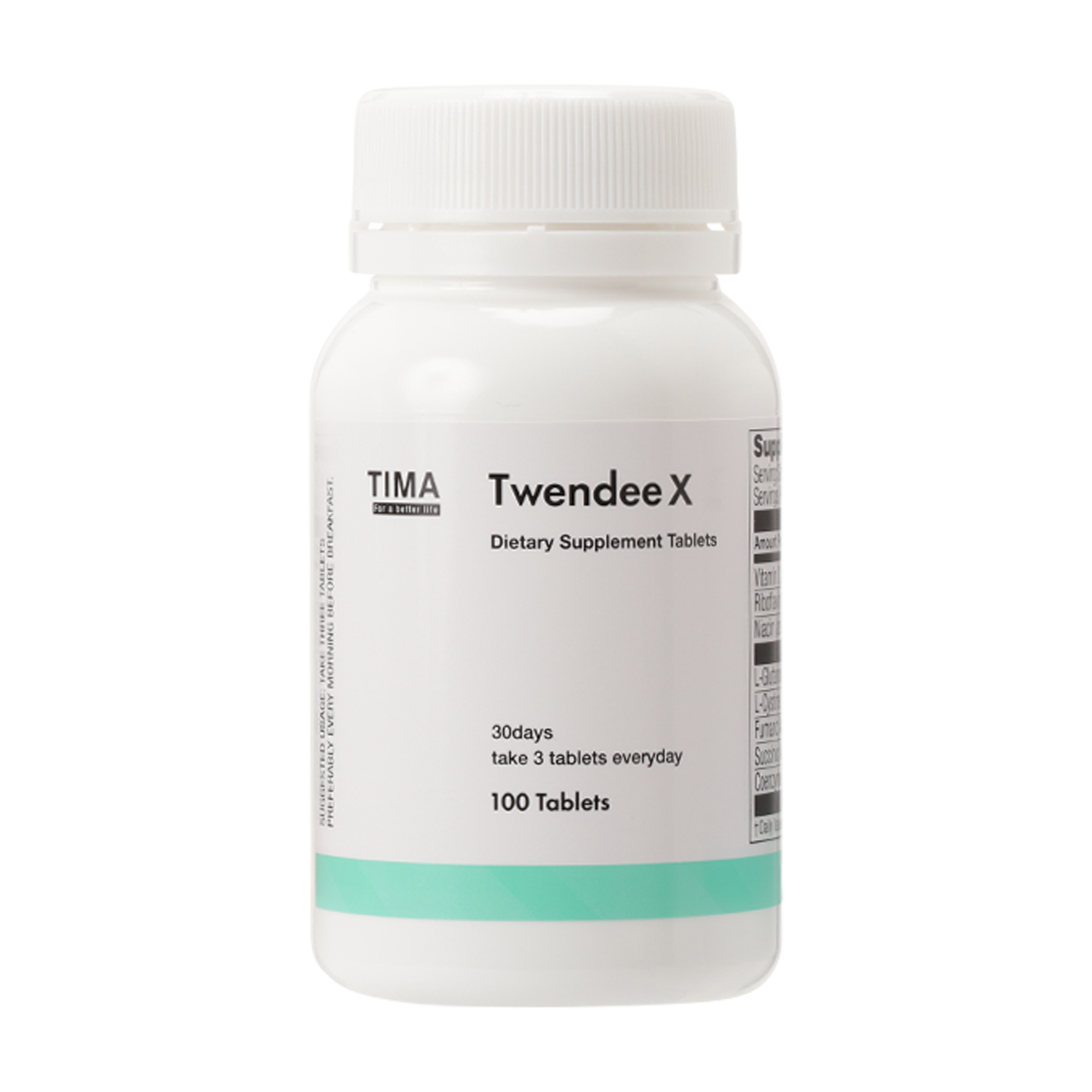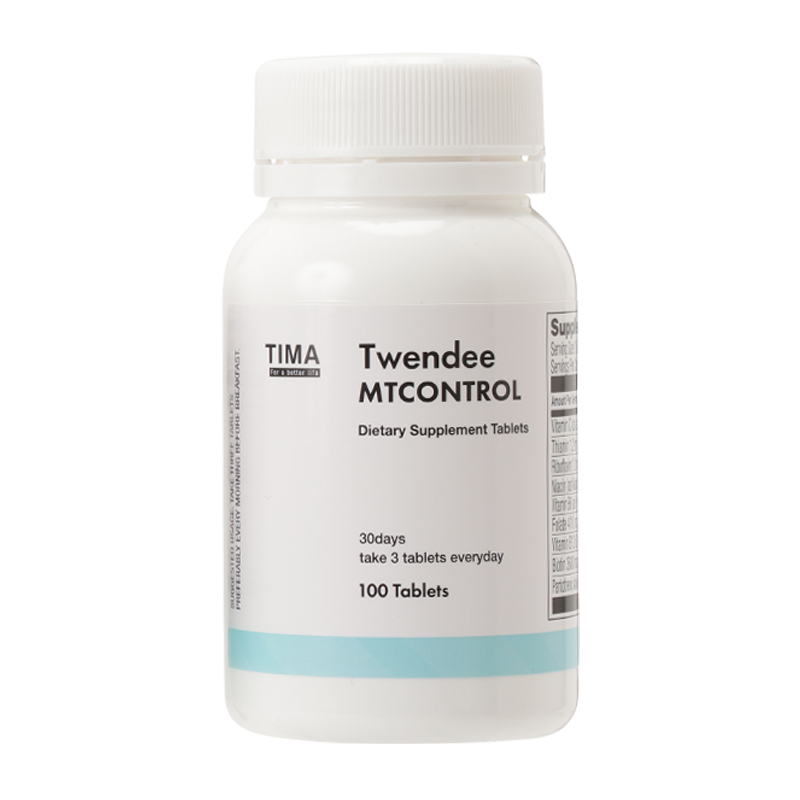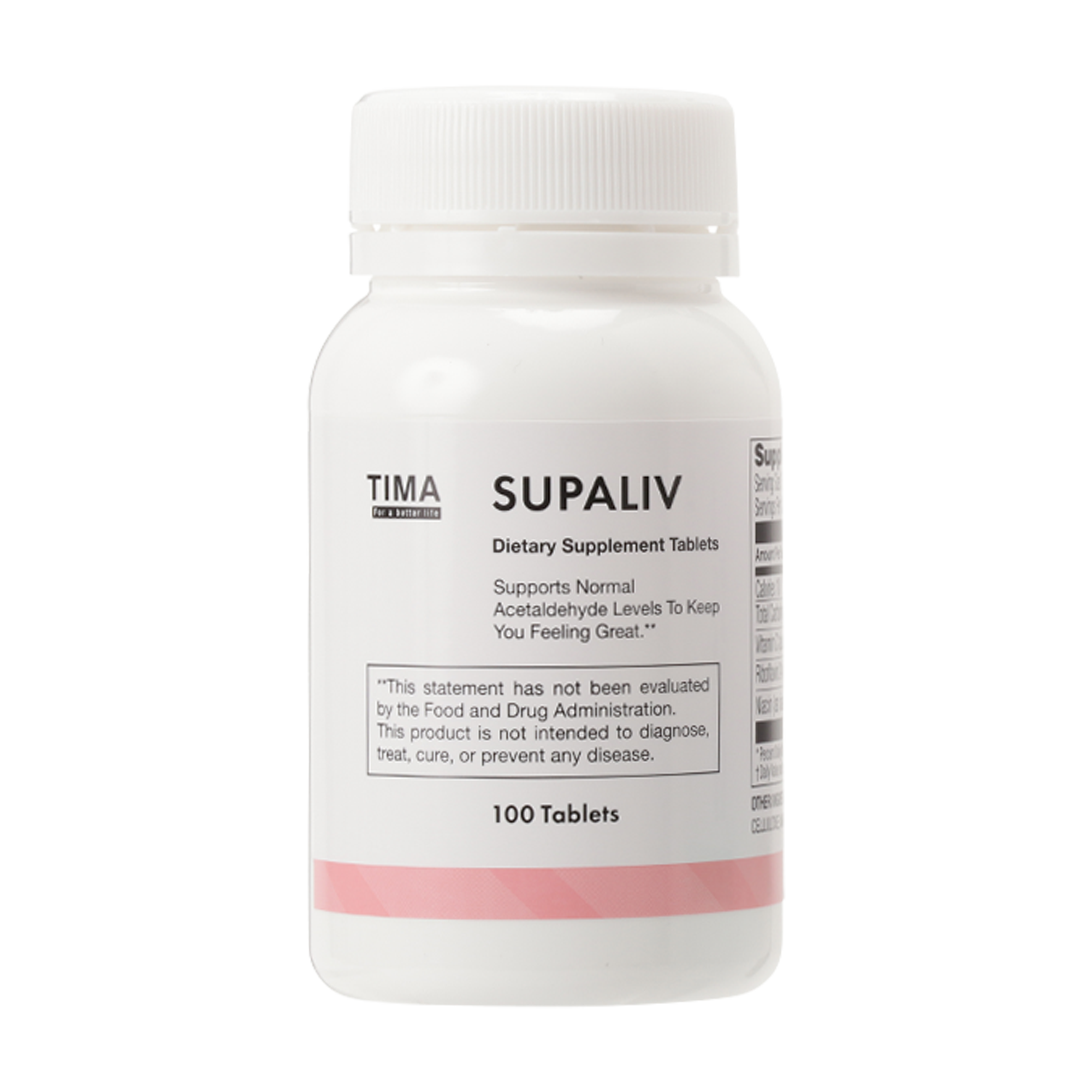Thesis on Oxidative Stress and "hypertension"
- Paper title
- Oxidative Stress in Hypertension
- Abstract summary
- Oxidative stress may constitute a major pathogenic factor in the development of hypertension and type 2 diabetes.
- Authors
- J. de Champlain, R. Wu, H. Girouard, M. Karas, A. El Midaoui, M. Laplante, Lingyun Wu
- Journal
- Clinical and experimental hypertension
- Semantic Scholar URL
- https://semanticscholar.org/paper/6dea71462e90911e35c6e94443bd5e21ff485899
- Abstract
-
Several experimental and clinical evidences have linked an enhanced production of reactive oxygen species (ROS) to certain diseases of the cardiovascular system including hypertension and diabetes. However, it has never been clearly established whether the enhanced oxidative stress observed in those conditions is primary or secondary to the pathological process. Our experimental studies have permitted to demonstrate that ROS, mainly through the production of superoxide anion, can cause important alterations in the cellular signal transduction systems characterized by an enhanced production of inositol triphosphate and a reduced production of cyclic GMP in cultured vascular smooth muscle cells (SMC), thus favouring the vasoconstriction. Since those effects were found to be increased in SMC from spontaneously hypertensive rats (SHR), this suggested a greater sensitivity of the vascular tissue of SHR to the oxidative stress. Moreover, we also have observed an increased production of superoxide anion in the aorta of rats made hypertensive according to the SHR, glucose or angiotensin‐induced and DOCA‐salt models during the development of hypertension. Since the superoxide anion production could be correlated with the level of blood pressure and since the development of hypertension could be either totally prevented or markedly attenuated by chronic treatment with potent antioxidative therapies such as alpha lipoic acid or aspirin, this suggested a major contribution of vascular superoxide anion production in the development of hypertension in those models. Moreover, the development of insulin resistance, which is associated to the model of glucose‐induced hypertension, was also found to be prevented by chronic antioxidant therapies, thus suggesting that oxidative stress plays an important role as well in the development of insulin resistance and type 2 diabetes. In conclusion, it appears that oxidative stress may constitute a major pathogenic factor in the development of hypertension and type 2 diabetes. Moreover, our studies suggest that the chronic treatment with appropriate antioxidative therapies could prevent the development of hypertension and diabetes as well as their complications in various experimental models of hypertension.








